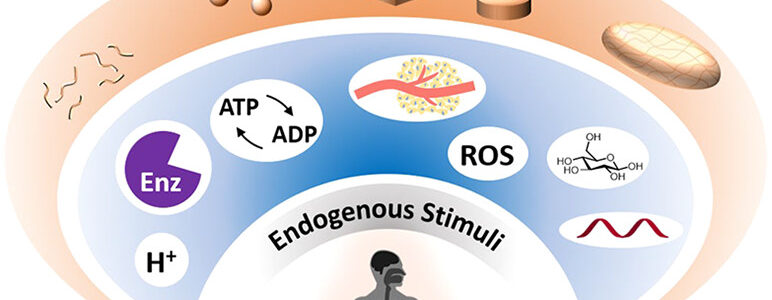Endogenous: Unveiling Nature’s Inner Dynamics – In the intricate realm of biology and natural sciences, the term “endogenous” emerges as a key concept that delves into the inner dynamics and origins of various processes. This term, often used to describe internal factors and processes, holds the key to understanding how organisms function, adapt, and evolve.
This article embarks on a journey to illuminate the meaning of endogenous, its synonyms, its significance in biology, and its role in defining natural phenomena. nexus slot
What Do We Mean by Endogenous?
“Endogenous” refers to something that comes from within a system, organism, or other entity. In the context of biological processes, endogenous factors are those that arise internally, driven by the organism’s own mechanisms and genetic makeup. These factors contrast with exogenous factors, which come from external sources or influences. hari88

Synonyms for Endogenous
Synonyms for “endogenous” include “internal,” “intrinsic,” “inner,” and “native.” Each of these terms encapsulates the idea of something originating from within and being an integral part of the system or entity. These synonyms are often used interchangeably, reinforcing the concept of internal origins.
Endogenization in Biology
In biology, “endogenization” refers to the process by which exogenous genetic material, such as that from viruses or other organisms, becomes incorporated into the genome of a host organism.
This incorporation occurs through mechanisms such as transposons or retroviruses. Once integrated, the genetic material becomes an endogenous part of the host’s genome and can influence the host’s characteristics and evolution.
Endogenous in Nature: Unveiling Inner Mechanisms
When describing natural phenomena, “endogenous” signifies the inner mechanisms and processes that shape the behavior and characteristics of ecosystems, organisms, and even geological systems.
For instance, endogenous geological processes involve forces originating within Earth, such as tectonic activity or volcanic eruptions. In ecology, endogenous factors might refer to internal regulatory mechanisms that maintain balance within an ecosystem, such as predator-prey relationships or nutrient cycling.
Conclusion: Illuminating Inner Origins
Endogenous, as a term that reaches across various scientific domains, sheds light on the inner origins and workings of the natural world. Whether used to describe biological processes, ecological dynamics, or geological forces, it embodies the idea of internal mechanisms shaping the external reality.
As we explore and seek to comprehend the complexities of the universe, the concept of endogenous offers a lens through which we glimpse the inner dynamics that drive and define the natural tapestry.

